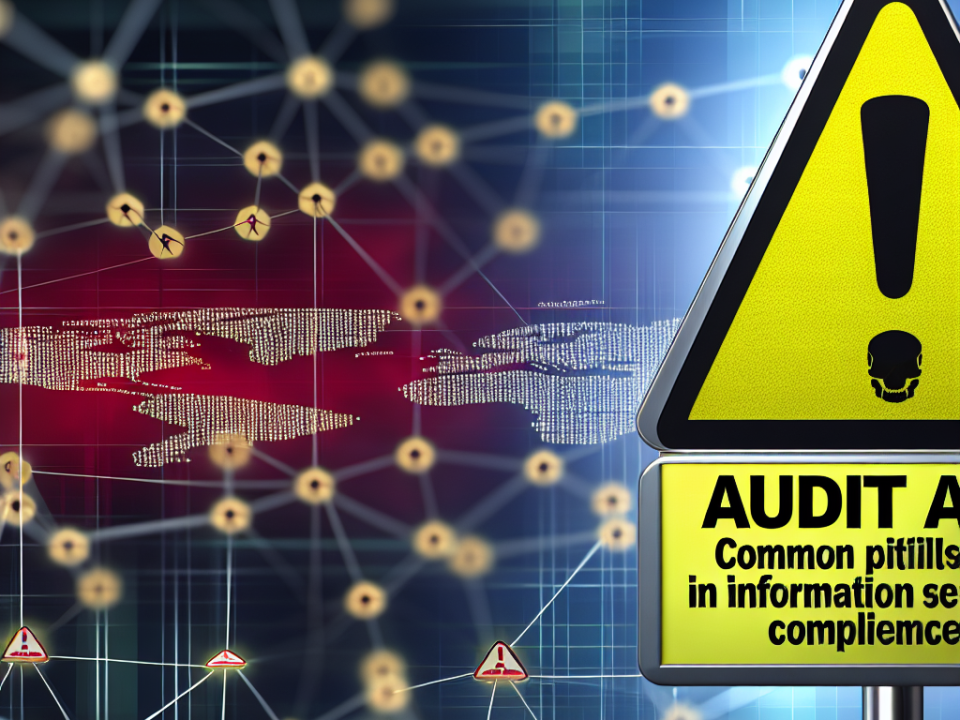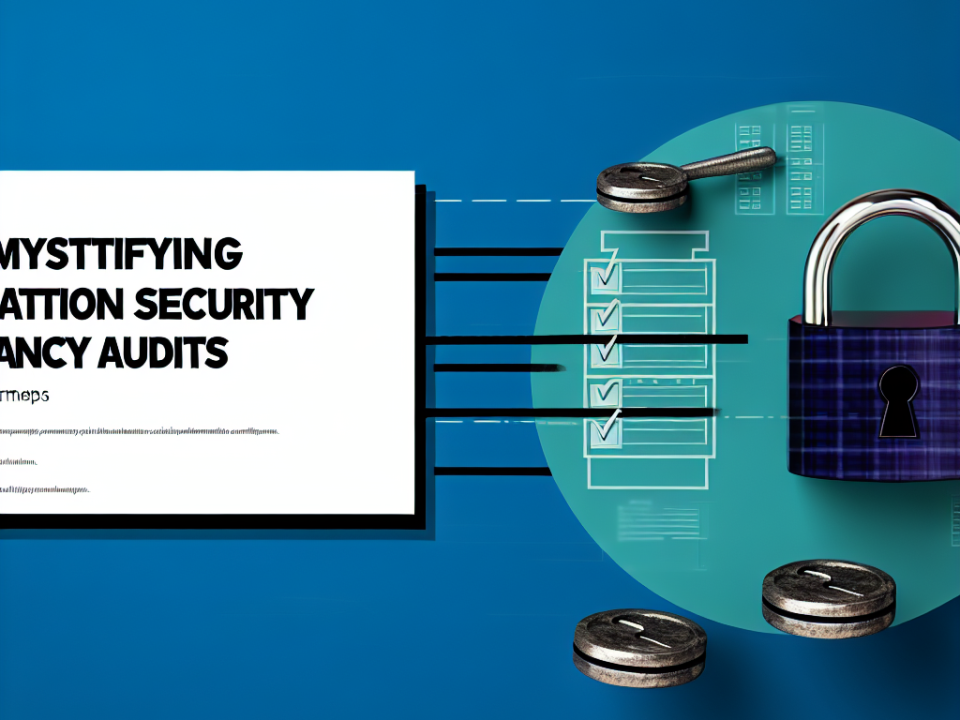
Cybersecurity Strategy: Aligning Business Goals with Security Needs
August 24, 2025
Beyond Basics: Elevating Your Cybersecurity Strategy for Better Protection
August 25, 2025
In an increasingly digital world, the threat landscape for businesses has grown exponentially. Cyberattacks are more frequent and sophisticated, targeting not just large corporations but also small and medium enterprises (SMEs). Given this environment, cybersecurity regulations have emerged as essential frameworks to safeguard sensitive data and protect organizational integrity. While compliance with these regulations may seem burdensome at first glance, the business case for adopting cybersecurity regulations is compelling. Here’s why compliance pays off for organizations.
1. Risk Mitigation and Incident Response
Cybersecurity regulations, such as the General Data Protection Regulation (GDPR) and the Payment Card Industry Data Security Standard (PCI DSS), require businesses to implement specific security measures. These regulations compel organizations to assess and understand their vulnerabilities, leading to proactive risk management strategies. By complying, businesses can significantly reduce the likelihood of data breaches, ransomware attacks, and other cyber incidents.
Moreover, having a robust cybersecurity framework allows organizations to respond more effectively to incidents when they occur. A well-defined incident response plan, often enforced by regulatory frameworks, helps minimize damage, maintain customer trust, and protect brand reputation.
2. Financial Protection and Cost Savings
The financial implications of a cyberattack can be devastating. According to estimates by various cybersecurity firms, the average cost of a data breach can reach millions, including direct costs—like legal fees, fines, and remediation expenses—and indirect costs, such as lost business and reputational damage. Compliance with cybersecurity regulations helps businesses evade these significant costs by minimizing the chances of breaches.
Additionally, many regulations come with incentives such as lower insurance premiums for cybersecurity liability insurance. Insurers are more likely to reward organizations that demonstrate compliance with recognized standards, making compliance a strategic financial decision.
3. Enhancing Customer Trust and Competitive Advantage
In today’s digital economy, customers are more aware than ever of data privacy issues. A business that transparently complies with cybersecurity regulations is likely to foster a strong sense of trust among its customer base. This trust can translate into customer loyalty and a competitive advantage in the marketplace.
In fact, organizations that prioritize cybersecurity may find themselves favored over competitors that do not. Businesses can leverage their compliance status in marketing efforts, signaling to potential customers that they are committed to protecting sensitive information diligently.
4. Boosting Operational Efficiency
Implementing regulatory compliance often necessitates the adoption of standardized processes and best practices in cybersecurity management. While this may require upfront investments in technology and training, the long-term benefits typically include improved operational efficiency.
Standardizing practices can streamline operations, automate security processes, and facilitate clearer roles and responsibilities among employees. This enhanced efficiency can lead to lower operational costs and improved overall productivity.
5. Future-Proofing Against Evolving Threats
The digital landscape is constantly evolving, with new threats emerging regularly. Cybersecurity regulations often evolve alongside these threats, requiring organizations to stay updated with technological advancements and emerging risks. By adhering to these regulations, businesses position themselves to adapt quickly to new challenges, ensuring longevity and resilience.
Continuous compliance fosters a culture of security awareness within an organization, empowering employees to recognize and report potential threats, thereby fortifying the organizational defenses.
6. Global Market Access
For companies operating on an international scale, cybersecurity regulations are a necessary consideration. Compliance with global standards such as GDPR not only avoids legal penalties but also facilitates smoother entry into markets that demand strict data protection measures. Organizations that prioritize compliance can leverage their credentials to build trust and relationships with customers, partners, and vendors internationally.
Conclusion
In conclusion, the business case for cybersecurity regulations is irrefutable. By viewing compliance not merely as a legal obligation but as a strategic advantage, organizations can safeguard their assets, customer data, and brand reputations. In an era where trust and integrity are key drivers of business success, investing in cybersecurity compliance is not just prudent; it is essential. Secure operations and satisfied customers will ultimately pave the way for sustainable business growth in the face of ever-evolving cyber threats.







